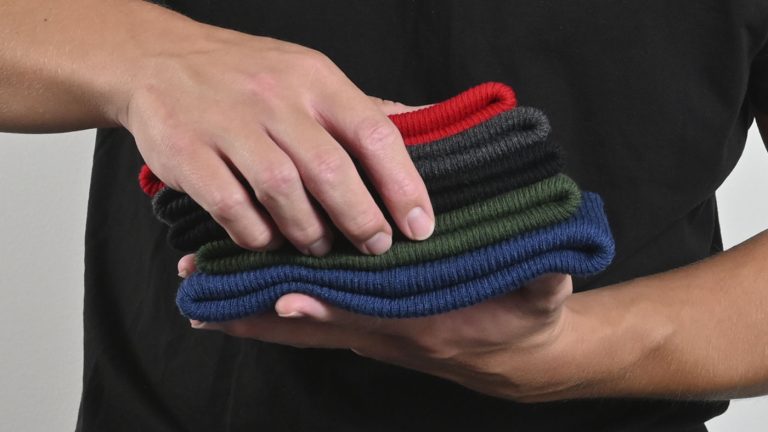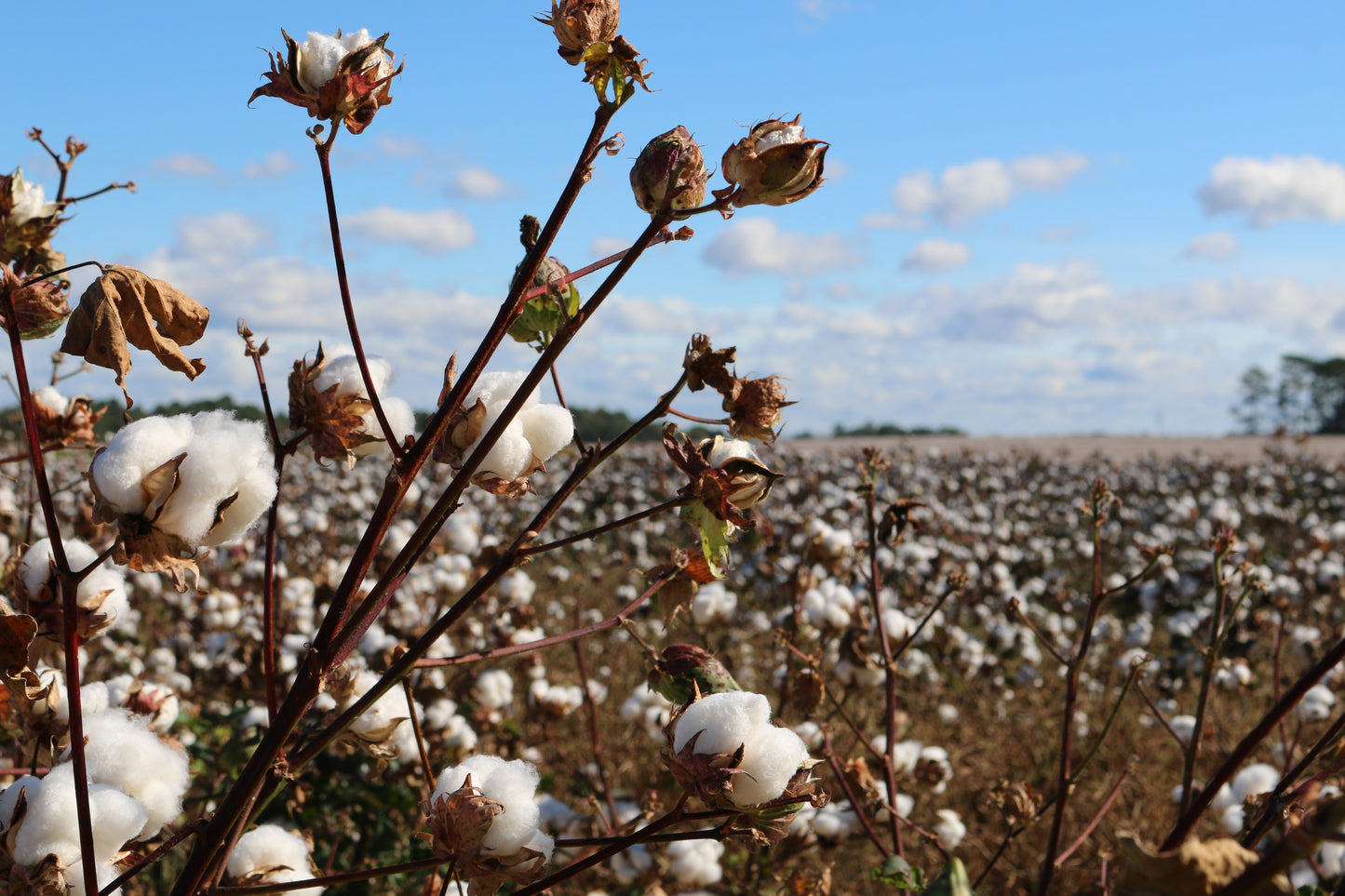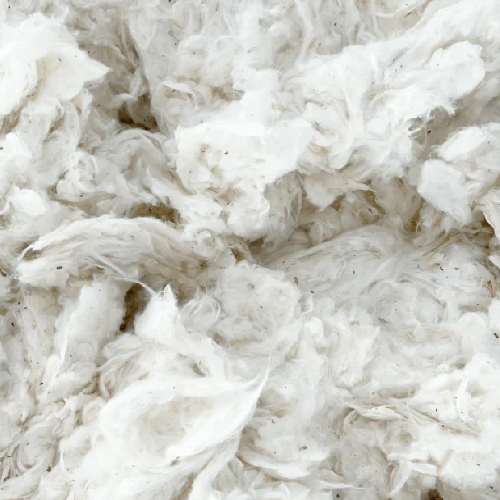
Sustainability at Dynamics
At Dynamics, our mission is to provide high-quality garments with sustainability at the heart of everything we do. We are dedicated to upholding ethical practices throughout our supply chain—from the cotton fields to the finished product in your hands. By embedding ethical, fair, and sustainable values into every aspect of our operations, we aim to continually challenge and improve the clothing industry.
We are proud to collaborate with some of the most forward-thinking organisations and utilise cutting-edge technology to push the boundaries of sustainability. With all relevant certifications in place, we ensure that every step of our supply chain meets the highest social, ethical, and environmental standards.
Social Responsibility
In partnership with our suppliers,Dynamics is committed to ensuring that everyone involved in the production of our garments enjoys a safe and healthy work environment, a fair wage, and a legally binding contract. We strongly oppose any form of discrimination or harassment and uphold the right of workers to freely choose their employment and to join any labour union. We believe that no one should be subjected to forced labour, and that children have the right to education, not employment.
Since 2006 the Earth Positive® production has been proactively managing a social responsibility program in collaboration with the Fair Wear Foundation. All manufacturing facilities are regularly audited for social compliance, adhering to standards set by the International Labour Organisation, the Ethical Trading Initiative, and other international bodies. This program is guided by a code of conduct that ensures:
- No use of child labour
- No use of forced labour
- Safe and healthy working conditions
- Legal labor contracts
- Payment of a living wage
- Freedom of association and the right to collective bargaining
- No discrimination against employees
- Reasonable working hours

Sustainable Manufacturing
Sustainable manufacturing is about producing products through economically sound processes that minimise environmental impact, conserve energy and natural resources, and enhance the safety of employees and communities. At Dynamics, we recognize the environmental challenges posed by the garment industry, and we are committed to addressing these challenges through sustainable practices, such as sourcing low-impact G.O.T.S certified organic cotton for use in the entire Earth Positive® collection
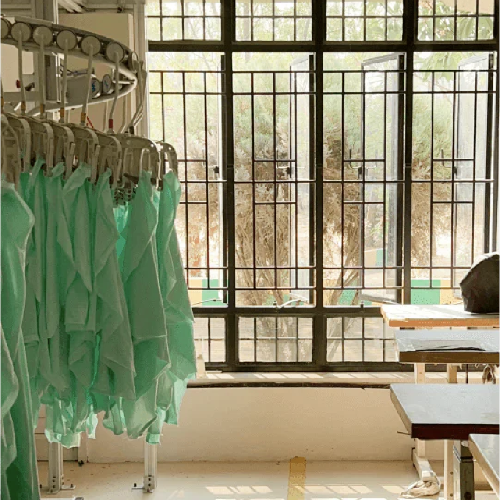
Carbon Footprint Reduction
Reducing our carbon footprint is a core priority at Dynamics and once again we have made significant strides in this area, reducing the carbon footprint of Earth Positive® products by approximately 90%. This reduction is the result of innovative product design, low-impact organic agriculture, efficient manufacturing processes, and the use of renewable wind power instead of standard grid electricity.
Importantly, these efforts do not rely on carbon offsets. Our carbon footprint calculations, certified by the Carbon Trust in the UK, reflect real reductions in emissions. For example, an Earth Positive® T-shirt saves around 7 kilograms of CO2e compared to a conventional T-shirt, while a hooded sweatshirt can save up to 28 kilograms. As a result, all Earth Positive® products carry the registered “Climate Neutral” mark, indicating our commitment to sustainable production.
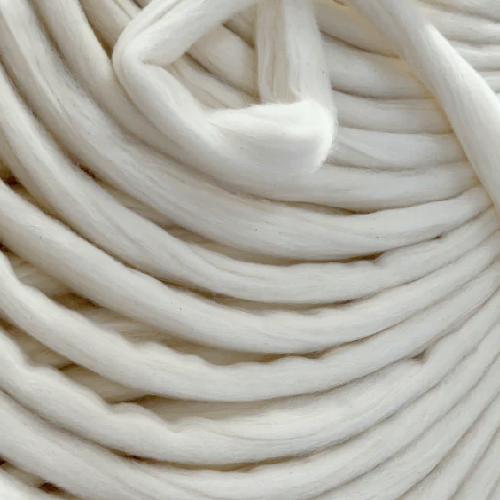
Yarns and Fabrics
With the Earth Positive range in particular we maintain control over the spinning process for nearly 70% of the yarns used in our garments, with the remainder sourced from carefully selected external suppliers. All yarns are fully combed and ring-spun, ensuring the highest standards of quality.
The fabrics used in our products are knitted at in-house facilities and dyed with approved chemicals, following low-water and controlled waste discharge processes. These fabrics are certified to the Oeko-Tex 100 Class I standard and conform to REACH regulations, guaranteeing their safety and environmental compliance. Organic certified fabrics are dyed in a zero-discharge dyehouse, where all water is recycled in a closed-loop system, minimizing environmental impact.
Our Commitment
At Dynamics, sustainability is not just a principle—it is a commitment to creating a better future for our planet and its people. By collaborating with industry leaders like Earth Positive, we ensure that our products meet the highest standards of ethical and sustainable production. When you choose Dynamics, you are supporting a company that values quality, ethics, and sustainability in every garment we produce.

